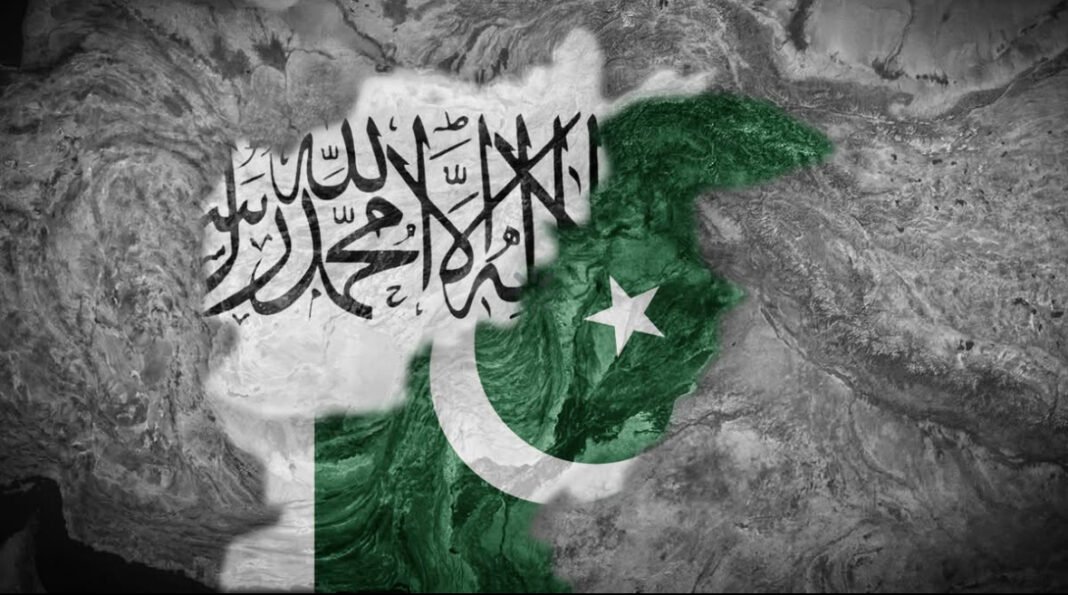ISLAMABAD / KABUL, (HAN) — Fierce tensions erupted along the Pakistan–Afghanistan border this week after Pakistani forces carried out overnight airstrikes near Kabul, drawing a sharp military response from Afghanistan’s Taliban-led government.
The clash marks one of the most serious escalations between the two neighboring countries in recent years, raising fears of a wider conflict in the volatile region.
According to local reports, Pakistani fighter jets targeted positions inside Afghan territory late Thursday, claiming to strike militant hideouts linked to the Tehrik-i-Taliban Pakistan (TTP), a group responsible for repeated attacks inside Pakistan. Afghan officials condemned the strikes as a “clear violation of sovereignty,” vowing that the country is “ready for war if provoked again.”
Relations between Pakistan and Afghanistan have deteriorated since the Taliban returned to power in August 2021. Islamabad accuses Kabul of harboring TTP militants, while Afghan authorities deny the allegation and accuse Pakistan of external aggression.
Analysts say the hostility between the two sides echoes long-standing animosity—comparable, some observers note, to the fraught relationship between Somalia and Ethiopia. Both nations share a rugged, porous border and a deep history of mistrust.
“Afghanistan has survived two decades of war and remains prepared for another 20 years if necessary,” an Afghan defense source said, signaling the Taliban government’s defiance despite international isolation and economic sanctions.
Pakistan, which itself faces domestic unrest and international pressure, has yet to comment officially on the Afghan response. Regional experts warn that any miscalculation could ignite a broader regional conflict involving other actors, including Iran and China.





